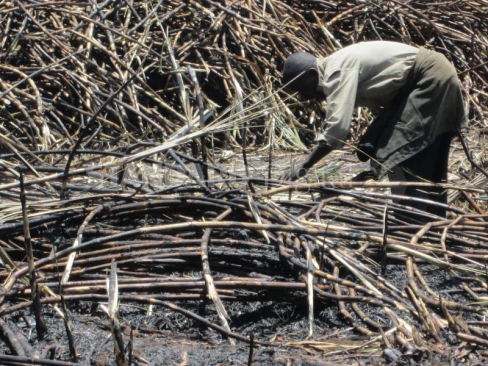×
The Standard e-Paper
Kenya’s Boldest Voice

MIGORI: The South Nyanza (Sony) Sugar Company could have incurred heavy losses as a result of fires that have ravaged more than 1,000 acres of cane.
The fires have been aggravated by the persistent drought that has run for over four months.